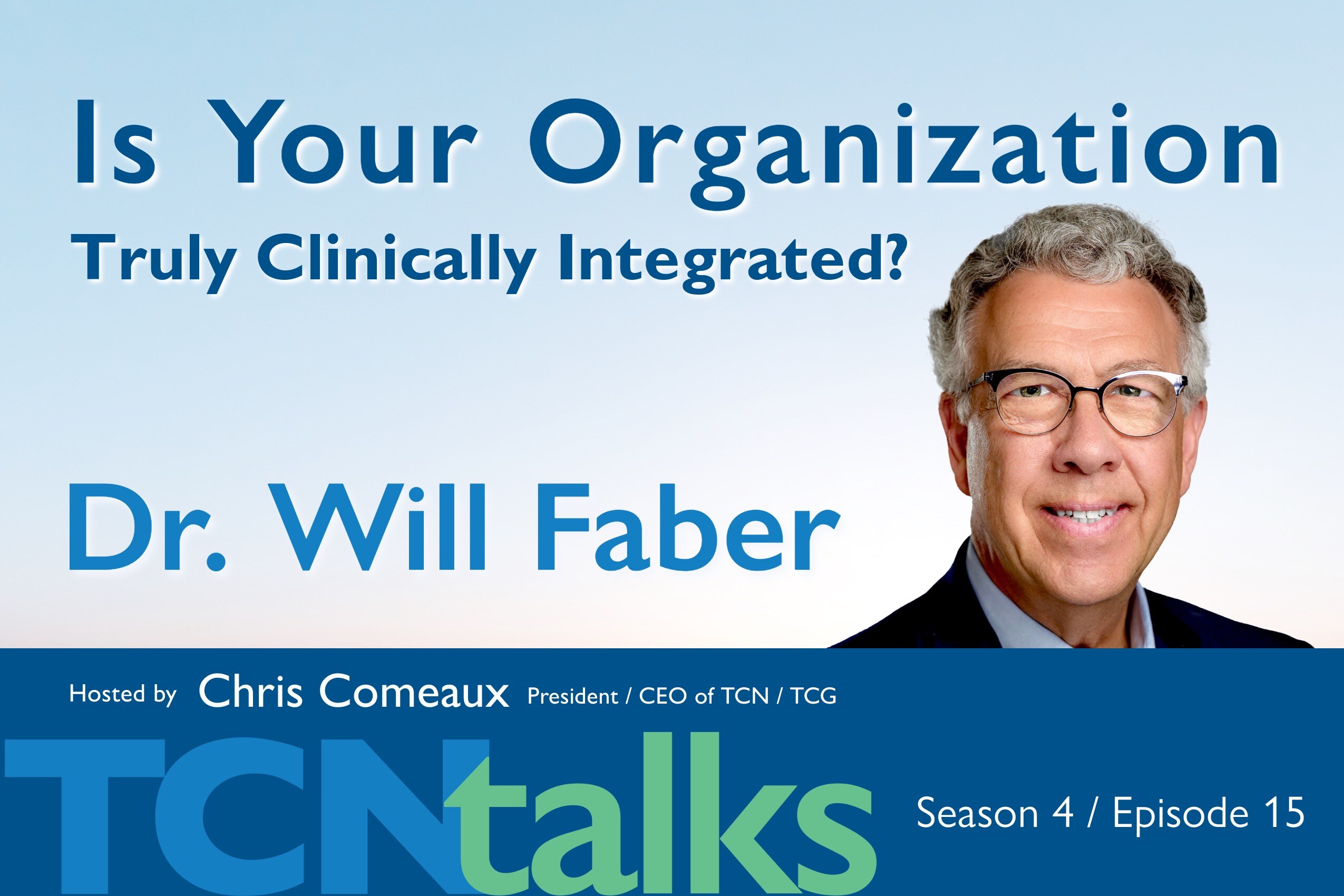Navigating the Wage Index: Insights from Industry Experts
The healthcare landscape is transforming before our eyes, shifting away from hospital-centered care toward home-based models. This fundamental change...

In this conversation, Chris Comeaux and Dr. Will Faber discuss the importance of clinically integrated networks (CINs) in the Hospice and Palliative Care industry. They explore the challenges and benefits of creating a CIN, including reducing costs, improving quality of care, and competing with larger organizations.
Dr. Faber explains that CINs are legal entities that allow independent providers to come together for group effectiveness, enabling them to negotiate with payers and improve quality while reducing healthcare costs. They also touch on the concept of the triple aim and the evolving concept of the quintuple aim in healthcare.
CINs are attractive to Hospice and Palliative care organizations because they provide a way to stay independent while being part of something larger. They also align with the mission focus of community-based nonprofit providers. Additionally, CINs are attractive to payers because they deliver value-based care and improve quality. Dr. Faber emphasizes the importance of good governance, infrastructure, and culture in the success of a CIN.
This is a great listen for staff, leaders, and Boards of Hospice and Palliative Care organizations. Join us, this is timely and relevant.
Our Guest

Dr. Will Faber
Biography
TCNtalks Host
 Chris Comeaux
Chris Comeaux
President & CEO
Teleios Collaborative Network
Quote in podcast
Title Sponsor


The healthcare landscape is transforming before our eyes, shifting away from hospital-centered care toward home-based models. This fundamental change...

Hospice and palliative care face significant challenges amid broader failures in the healthcare system, with experts anticipating a critical...